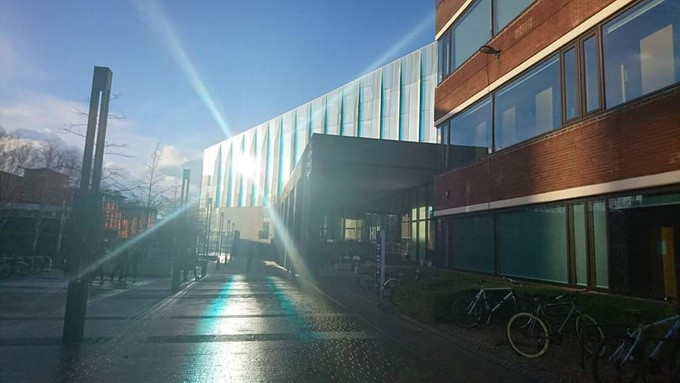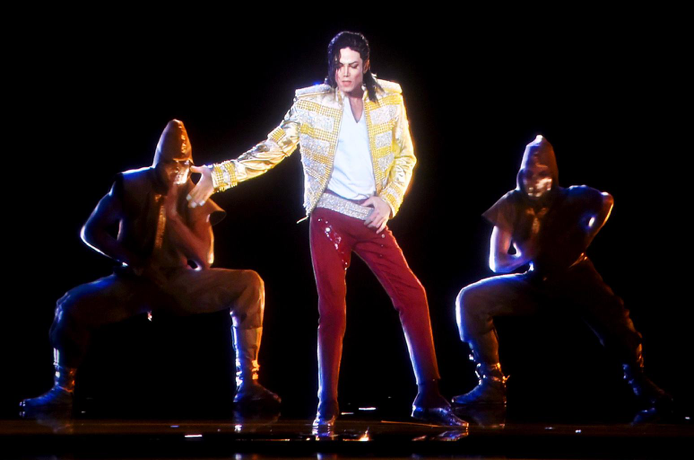Last month, we went along to the super insightful and thought-provoking Encountering Corpses III event at Manchester Metropolitan University and, wow, did we learn a thing or two!

Although we didn’t actually ‘encounter’ any corpses, so to speak, we did learn bucket loads about biomedicine, returning a body to its home country, ‘dark tourism’ and necro-waste (yeah, it’s as strange and interesting as it sounds!).
We were treated to engaging talks, seminars, Q&As and academic paper presentations from a variety of individuals including PhD students, archaeologists, criminologists, sociologists - well...all the ‘ologists’ really.
So we decided we just had to bring you a quick lowdown of our favourite moments of the event...in no particular order!
 ‘I see dead people’: Encountering Corpses in Popular Culture
‘I see dead people’: Encountering Corpses in Popular Culture
Dr Ruth Penfold-Mounce, Senior Lecturer in Criminology at the University of York, is very enthusiastic about celebrity deaths and corpses in popular culture. She gave a fantastic talk about how zombies are portrayed compared to vampires in TV shows and films. But the icing on the cake for us was the “Top Dead Earners” list where we learned Michael Jackson managed to earn £825 million in 2016...seven years after his death! Dr Ruth also touched on how there’s a huge difference in male and female earnings on the dead rich list.
Follow Dr Ruth Penfold-Mounce @DeathandCulture

Refused gifts: what happens when bodies cannot be accepted for medical education
Zivarna Murphy, PhD student at Hull York Medical School, taught us that only just over half of all bodies donated for medical education are accepted each year. So why are the other bodies rejected? Many of the reasons are surprisingly bureaucratic! As well as the expected reason ‘medical conditions,’ other reasons included logistics, time constraints and document delays. But there was some light at the end of the tunnel, as Zirvana explained "Even if a body is refused, non-donor families may continue their relationship with the institution, normally through money donations. Some relatives may even decide to donate their own body later on...
Follow Zivarna @_MissMortality
The Poisonous Corpse: Disposing of ‘Toxic-Necro-Waste’
Rather ironically, this talk was a little darker than the rest! Dan Robins, from the Department of Sociology at University of York, delivered an amazing presentation on how we tend to want to preserve loved ones ashes in various guises such as diamond rings, trees or in a classic urn. But what happens when we don’t want to cherish the remains of someone? We’re not talking about your noisy neighbours, but rather prolific criminals. In this talk, Dan mentioned Ian Brady and the fact there was no funeral held, with his ashes unceremoniously deposited in the sea in a biodegradable urn. Needless to say, the entire lecture theatre was enthralled!
Follow Dan @DanielPGRobins
The Food
What kind of huunuu team players would we be if we didn’t mention the food?! There was an excellent choice of sandwiches and wraps, as well as delicious samosas, bhajis and plenty of vegetables (well, you’ve got to at least try to eat a little bit healthily). Thanks to RAH! for organising such a lovely spread.
Join the conversation about life, death and everything on Facebook or Twitter today! Or why not start your own funeral plan with us right now?